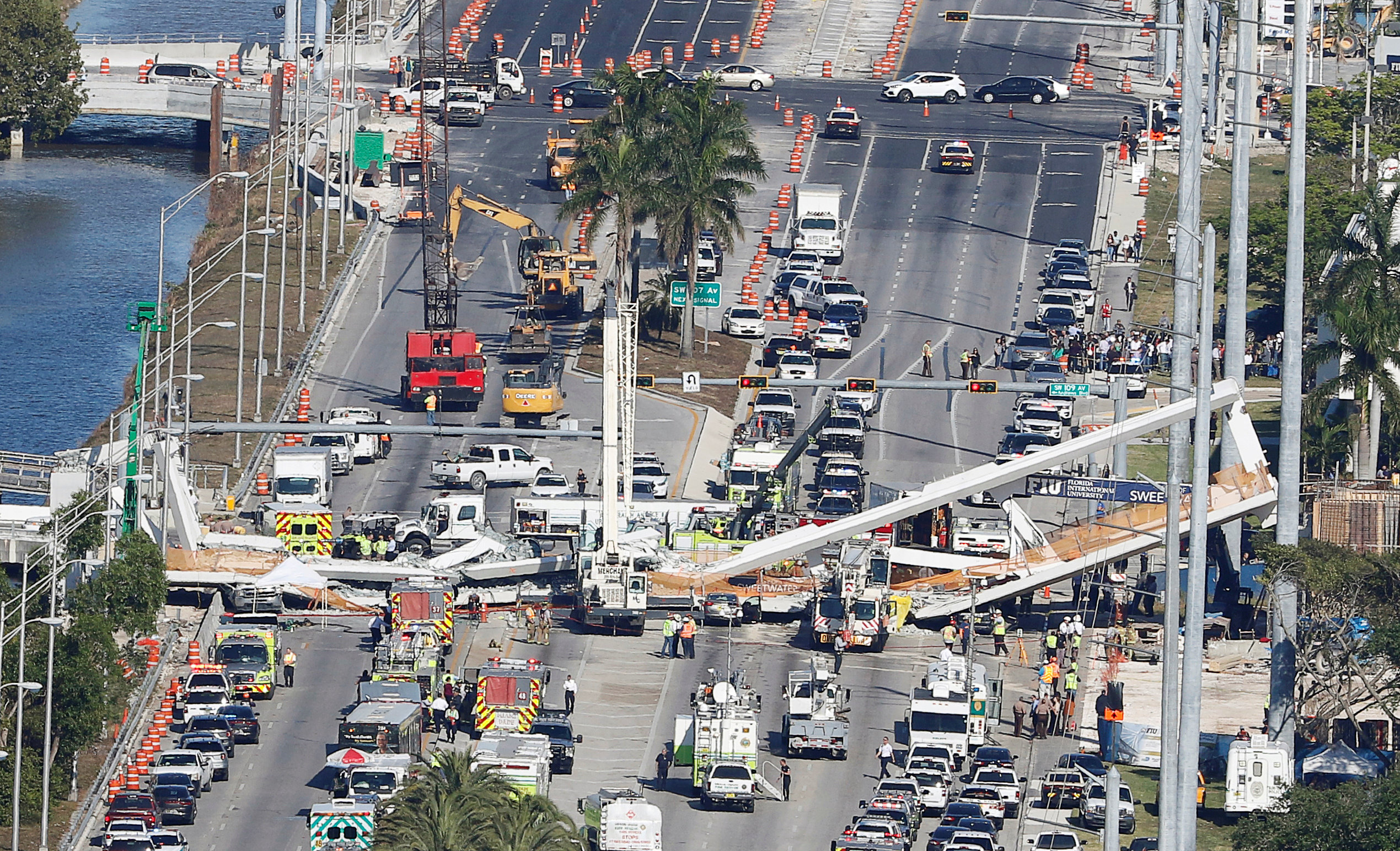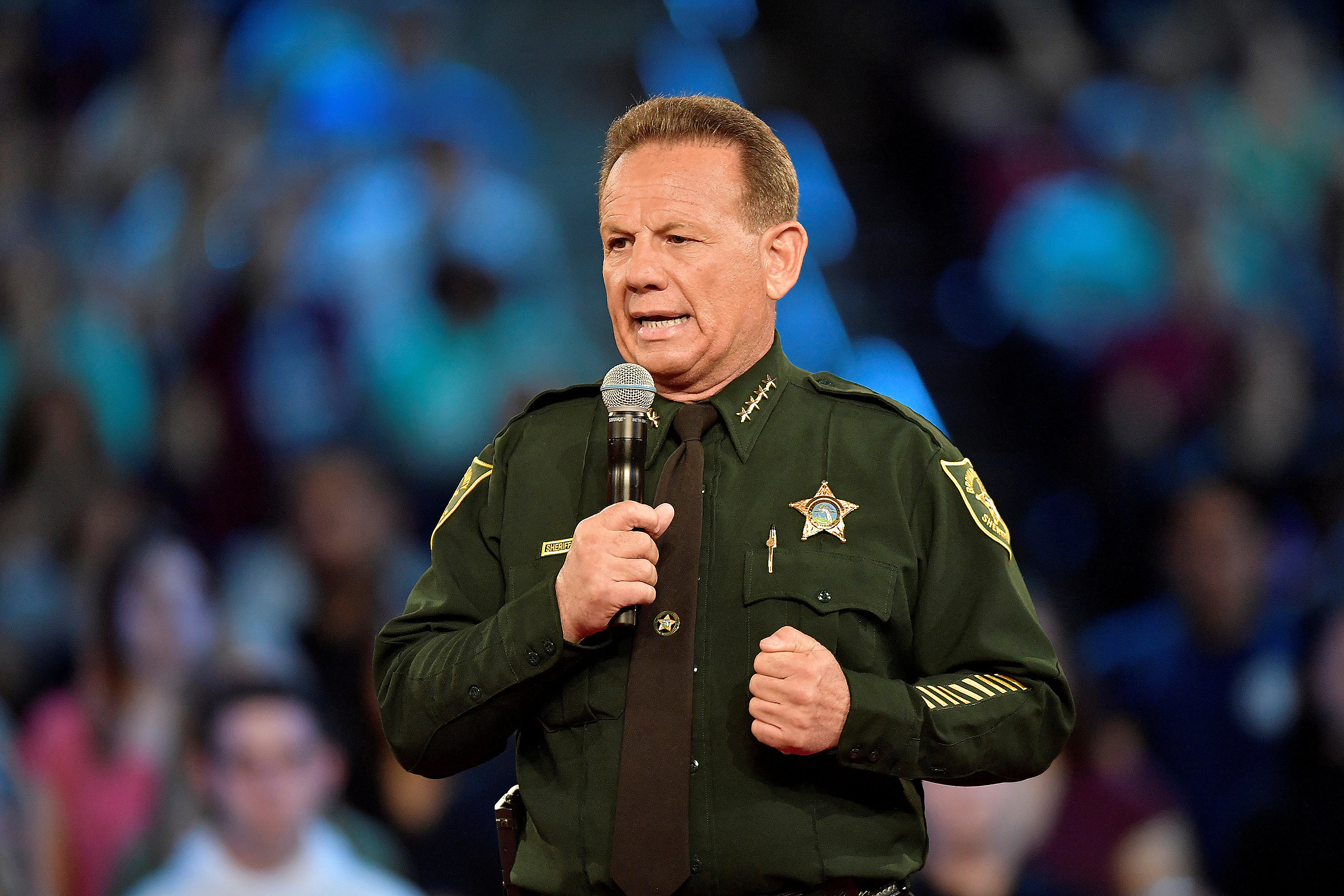
GENEVA (Reuters) – Miami is at risk of a deadly yellow fever outbreak because the disease could thrive there but the city has no checks on travelers arriving from endemic zones, a study to be published by the World Health Organization showed.
Yellow fever is spread by the same mosquito that causes Zika virus, which spread through the Americas after being detected in Brazil in 2015 and has been reported in southern Florida and southern Texas.
The U.S. Centres for Disease Control advises that yellow fever is found in tropical and subtropical areas of Africa and South America, and is a very rare cause of illness in U.S. travelers.
But the study, “International travel and the urban spread of yellow fever”, showed that almost 2.8 million people flew to the United States from endemic yellow fever areas in 2016.
Unlike some countries, the United States does not require travelers from such places to show proof of yellow fever vaccination.
“At a time when global yellow fever vaccine supplies are diminished, an epidemic in a densely populated city could have substantial health and economic consequences,” the researchers based in Canada, the United States and Britain wrote in the study.
Around 9.5 million people live in U.S. urban areas such as Miami that are ecologically suitable for an outbreak, they wrote in the study, issued online ahead of its publication in the Bulletin of the World Health Organization.
They said climate change, mobility, urbanization and a vaccine shortage had increased the risk of yellow fever globally and they called for a review of vaccination policies.
The study found 472 cities suitable for an outbreak in 54 countries, but many, such as New Delhi, Mumbai, Karachi, Manila and Guangzhou, required vaccination certificates on arrival from endemic countries.
WHO spokeswoman Fadela Chaib said the need for vaccination certificates was at each country’s discretion.
The researchers said a substantial proportion of the world’s yellow fever vaccine stocks had been used up by recent epidemics in Africa and Brazil, and further depleted by manufacturing difficulties. Preventive campaigns could cause shortages.
“Should another urban epidemic occur in the near future, vaccine demand could easily exceed the available supply,” they said.
Yellow fever, which can be hard to diagnose, causes symptoms including muscle pain, nausea and vomiting, and about 15 percent of cases lead to a more toxic phase within 24 hours, potentially experiencing jaundice, abdominal pain, deteriorating kidney function and bleeding from the mouth, nose, eyes or stomach.
Half of severe sufferers die within a week or two, but the rest recover without significant organ damage, according to WHO.
(Reporting by Tom Miles; Editing by Hugh Lawson)















